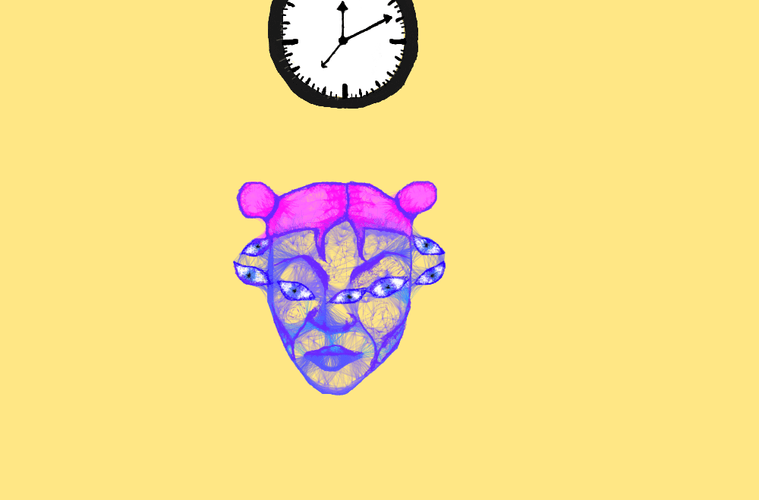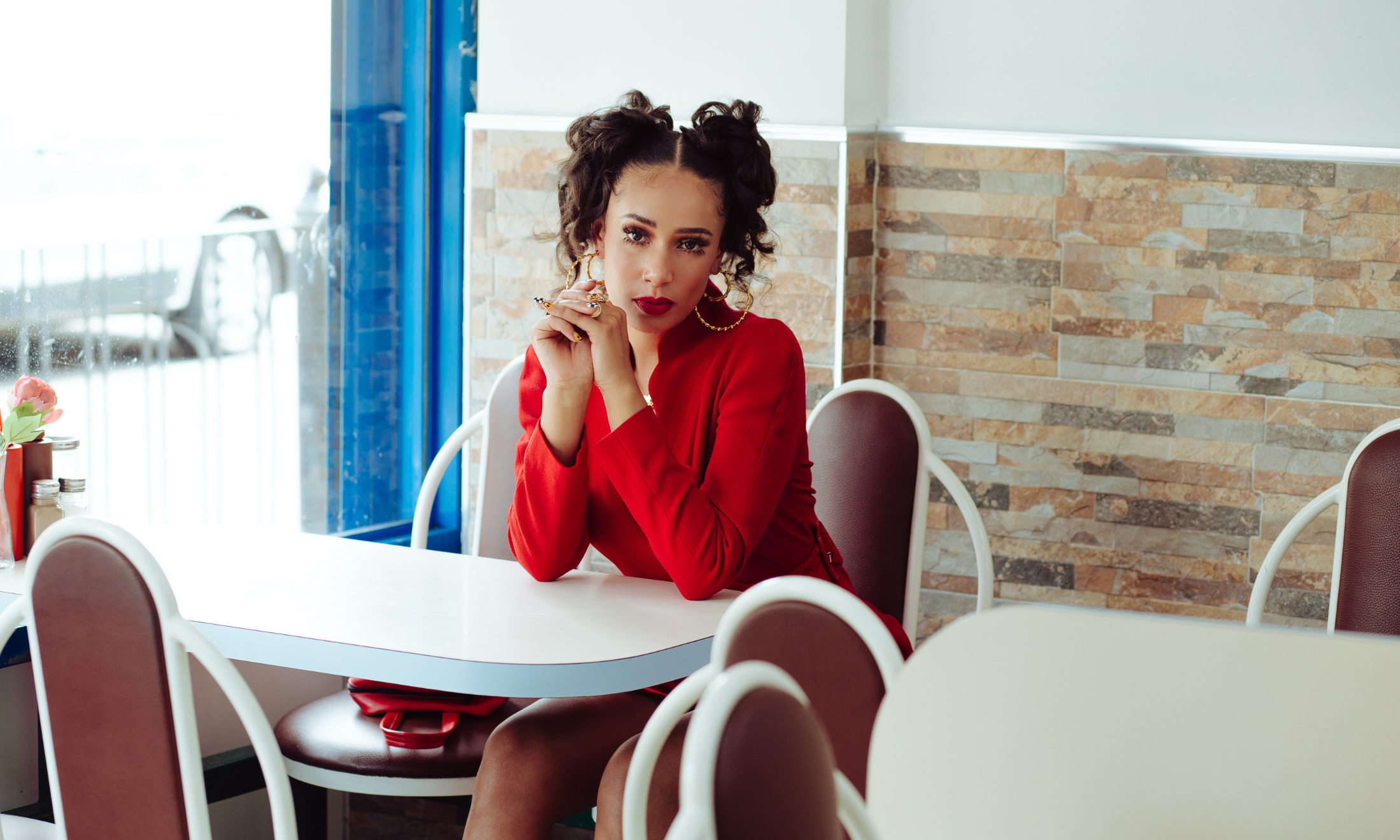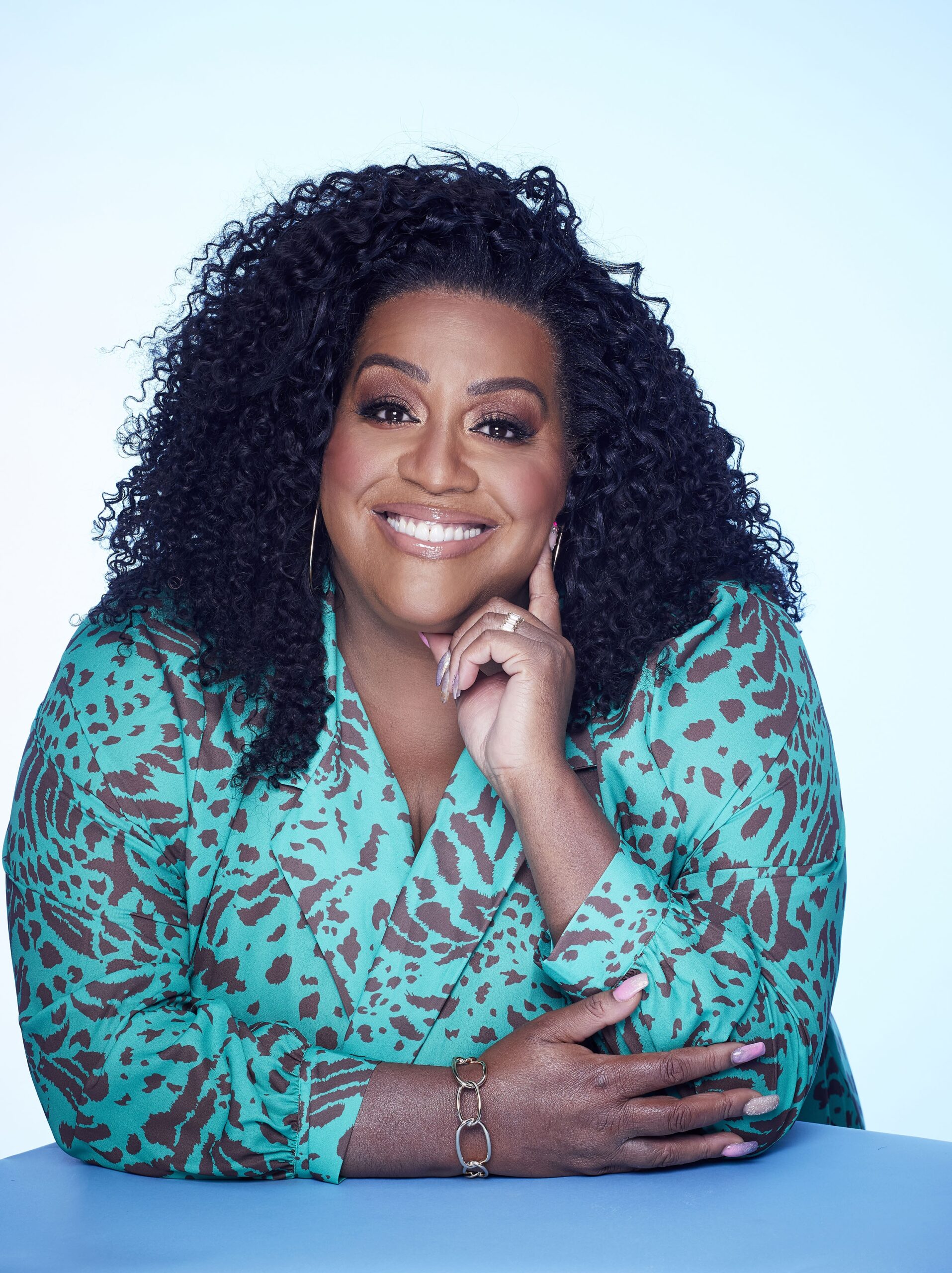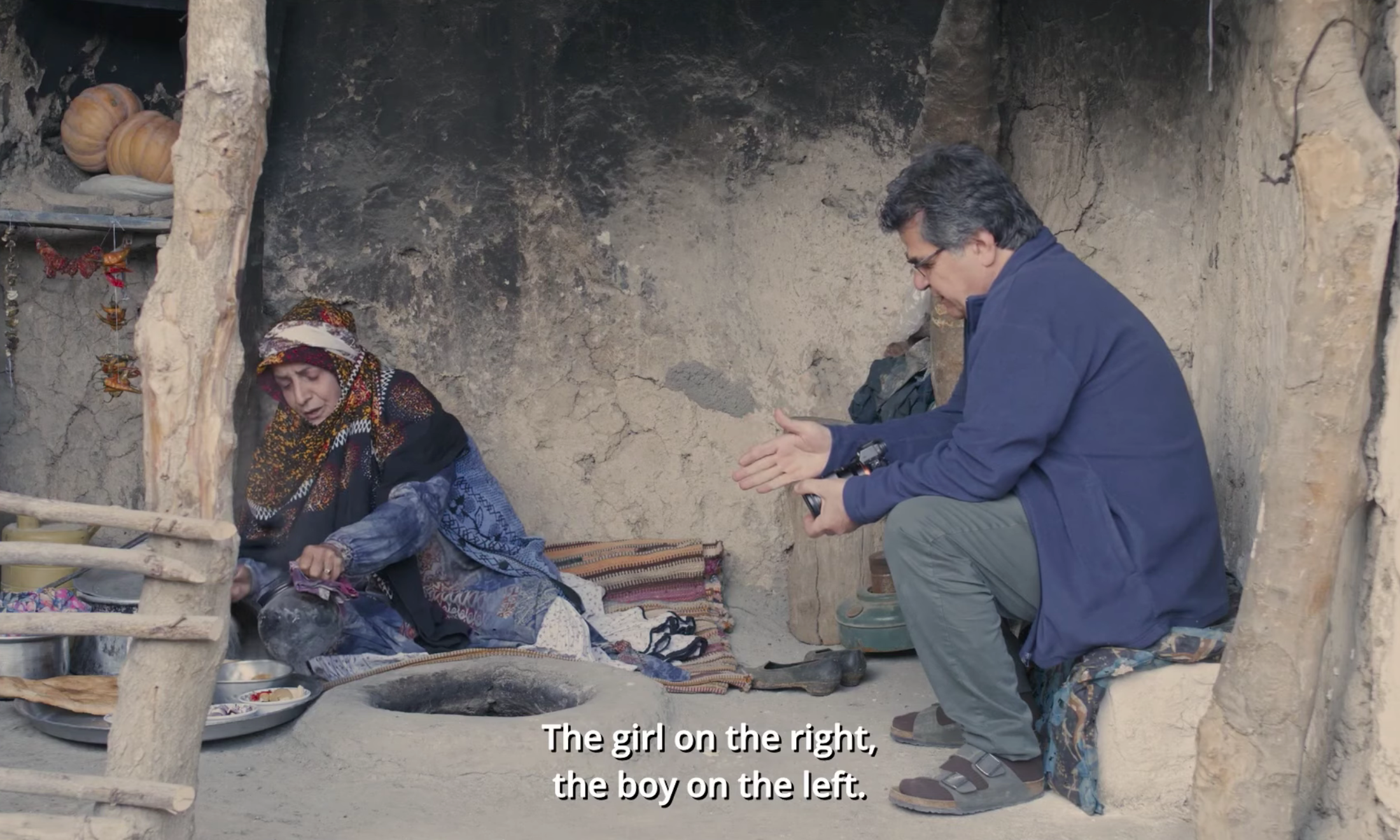
January is finally over, and if you found that particular month eye-wateringly difficult, then you’re just like me. So, I congratulate you for making it this far. February is now tangible, and my currently debilitating depression is likely to ease – for the most part, I expect I’ll be able to get out of bed at a reasonable time, and change out of my pyjamas into actual clothes without sobbing. Maybe I’ll even eat a bowl of cereal and answer the phone.
I can’t predict it all, but things are always brighter in February, and I begin to enjoy life again. Despite struggling with my mental health, and relying on feeling better by springtime, I am at my best on Sundays. Even the Sundays of January. I have them down to a science. I binge watch my favourite shows and I let myself feel the weight of the characters and the stories they tell: characters of colour that I can identify with and relate to.
“Depression is lonely, but being alone with my thoughts was useful”
Last year was the first year of my life that I embraced myself and took pride in who I am as a young woman of colour. It has been liberating. I love the colour of my skin, the shape of my hair, the history of my mixed ethnicity, my features. All the things that I was taunted for in younger years. As it turns out, depression and self-love can be mutually exclusive.
Depression is lonely, but being alone with my thoughts was useful. Instagram was making me feel worse, so I purposefully spent less time allowing myself to be force fed me ‘perfect’ faces and bodies. I shut my well-used hair straighteners in a drawer and let my curls be free. I said thank you to the compliments I received instead of shaking my head and internally tearing them apart. I smiled at my stretch marks in the mirror after I’d spent the day writing a terrible, but therapeutic, poem about growth. But above all, I fell head over heels in love with binge-watching.
“For the duration of those episodes I am granted a break from my sadness, and when I return to my life, there is always hope”
I tore my way through TV shows that made me feel represented at a rate that may have, from the outset, seemed impossible. When I eventually surfaced from my bedroom and looked in the mirror, I loved what I saw, despite embodying unwashed hair and circles under my eye. Now, every Sunday, I celebrate myself by watching fellow women of colour be funny, insightful, devastating… I get completely wrapped up in their fictional worlds.
For the duration of those episodes, I’m on the outside of my own world. I am granted a break from my sadness, and when I return to my life, there is always hope. Their lives are complex, and so is mine. They have choices, and so do I. Things get better for them eventually, so I have learned to expect the same luck. They may not know it, but they’re lifesavers.
Each woman I fall in love with makes me feel stronger, more capable, and has taught me a valuable lesson in self-care. The character of Chase (Kiersey Clemons) in “Lady Cha Cha”, an episode of the latest Netflix original series, Easy, is a queer woman of colour, exploring her femininity and power through burlesque dancing, all the while being vocal about feminism and double standards. She taught me the importance of finding a space in which I can be my whole, honest self. For me, it’s writing.
Rainbow Johnson (Tracee Ellis Ross) of Black-ish, a distinguished mixed ethnicity doctor, taught me that struggling with self-identity as a woman of colour born to parents of different races is something I shouldn’t feel guilty for having done in the past, and ultimately, our eventual acceptance of ourselves as whole – rather than something to split into portions – is a beautiful thing.
How to Get Away with Murder’s Annalise Keating (Viola Davis), a black woman who is a genius in her field, troubled, and a survivor of abuse and addiction, was the reason I picked up the phone and booked myself in for therapy. She taught me that there is no shame in taking the first steps to recovery. She was also the reason I picked up the phone and called my Mother just to tell her I love her.
“I’m taking up space in 2018 as a powerful, self-loving woman of colour with a voice that I intend on using, loudly”
These women, and others, made me laugh and cry. More importantly, they led me to question what my own story was – and would I, or anybody else, enjoy watching it? I soon came to the conclusion that my life doesn’t always have to be entertaining, and it won’t always be happy, but the main character can be – and should be — somebody who accepts herself. This at least paves the way for improvement, and creates hope.
The roles these actresses play taught me that one thing is undeniable: there is a unique strength in self-acceptance. There is also beauty to be found in confronting personal difficulties, and in coming face to face with who we are.
In 2017, actresses of colour were a shining light for me on my darkest days. Watching them, rooting for them, and believing in them was one of the purest forms of self-care I’ve known, and with each award a woman of colour wins for her work, the world seems brighter.
Last year, Tracee Ellis Ross won a Golden Globe for her role in Black-ish, the first black woman in over thirty years to win best comedy actress, and who dedicated her speech to “women of colour and colourful people whose stories, ideas and thoughts are not always considered worthy, and valid, and important … I see you, we see you.” I felt seen, and today I remain feeling seen, and I believe that my stories are worth telling.
I’m taking up space in 2018 as a powerful, self-loving woman of colour with a voice that I intend on using, loudly. I have depression but it no longer defines me, or anything I do. There is a loving community that I belong to as a woman of colour. It’s a reason to keep trying. And I think each woman I fell in love with would be proud.








